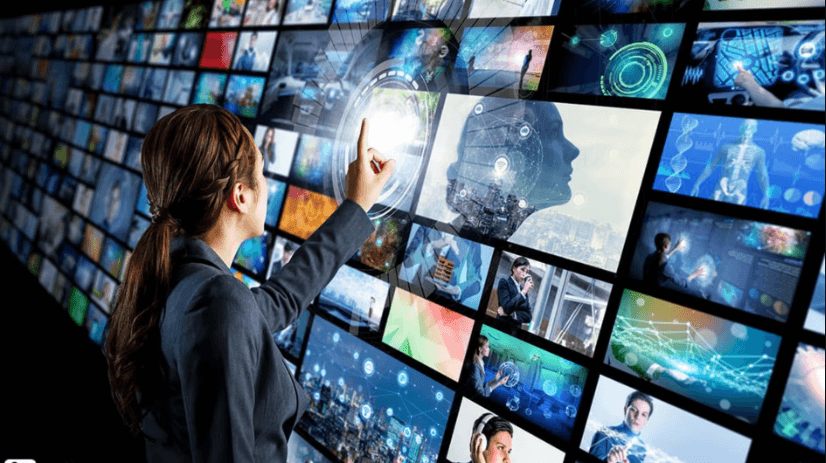The Growing Influence of AI in the Entertainment Industry
The influence of AI in the entertainment industry is undeniably profound. It transforms content creation, enhances audience engagement, and streamlines production. By harnessing algorithms and data, creators can craft narratives that resonate on a deeper level. However, this shift raises important ethical questions regarding bias and ownership. As the landscape evolves, it becomes crucial to examine how these advancements impact both creators and consumers. What implications will this have for the future of entertainment?
Revolutionizing Content Creation With AI
As the entertainment industry continues to evolve, the integration of artificial intelligence (AI) in content creation has emerged as a transformative force.
AI storytelling leverages data and algorithms to craft narratives, while automated scripts streamline the writing process, enhancing efficiency.
This innovation not only challenges traditional creative methods but also opens new avenues for diverse voices, fostering a landscape rich in imaginative possibilities.
See also: The Future of Wearable Health Technology
Enhancing Audience Engagement Through Personalization
How can the entertainment industry effectively captivate audiences in an era of information overload?
By leveraging AI to analyze audience preferences, creators can deliver personalized recommendations that resonate with individual tastes.
This tailored approach not only enhances viewer engagement but fosters a deeper emotional connection to content, allowing audiences to explore diverse narratives that align with their unique interests and desires for freedom in entertainment choices.
Navigating Challenges and Ethical Considerations in AI-Driven Entertainment
While AI offers unprecedented opportunities for innovation in the entertainment industry, it also raises significant challenges and ethical dilemmas that must be navigated carefully.
Concerns about AI biases can lead to skewed representations in content, while issues of content ownership complicate the relationship between creators and AI-generated works.
Addressing these challenges is essential to ensure a fair and inclusive entertainment landscape, fostering creativity without compromising ethical standards.
Conclusion
As AI increasingly shapes the entertainment landscape, it serves as both a powerful tool and a double-edged sword. Much like a skilled conductor guiding an orchestra, AI harmonizes data and creativity to produce captivating narratives. However, just as a symphony can falter if the musicians are not in tune, the industry must address ethical concerns to ensure a balanced and inclusive environment. Thus, navigating this complex relationship will be crucial for a fair and vibrant future in entertainment.







